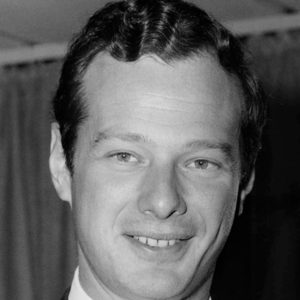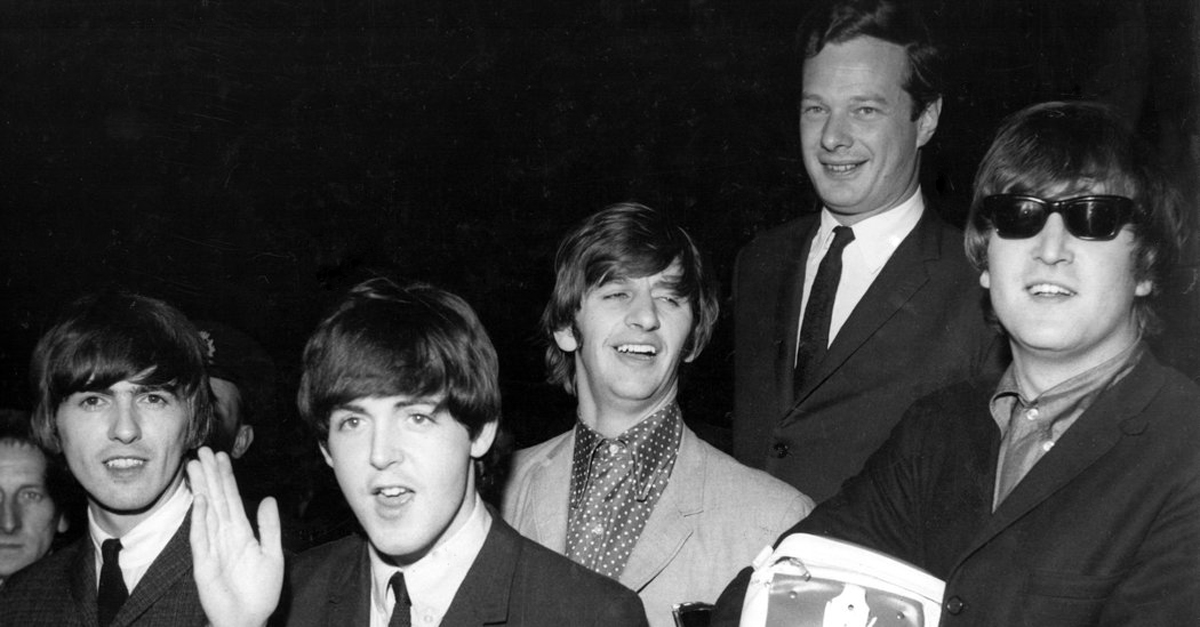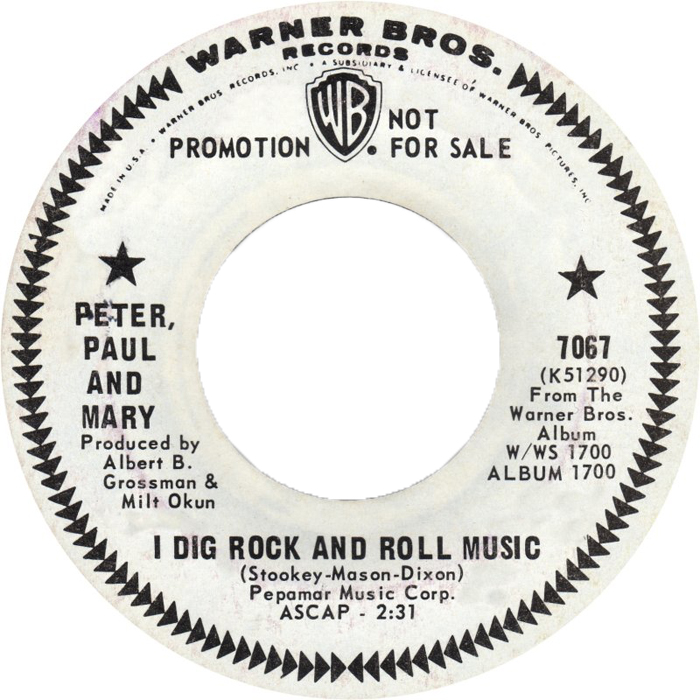 From the MCRFB NEWS archive: 1967
From the MCRFB NEWS archive: 1967
‘5th Beatles’ Dies Suddenly
LONDON — The fifth Beatle is gone. Brian Epstein was found dead in bed Aug. 27, and was buried at Long Lane, Liverpool, Aug. 30. An inquest opened on that date was adjourned. Epstein, 32, was at the center of the Liverpool /Mersey sound that swept pop music here, then spread around the world at the beginning of this decade. He took the Beatles to fame, and founded his NEMS Enterprises pop music empire that gave the industry stars like Gerry and the Pacemakers, Cilla Black and Billy J. Kramer and the Dakotas.

Epstein, the son of a successful furniture retailer in Liverpool, left school at 16 and became a salesman in the family business. That was in 1950. Six years later, Epstein enrolled at the Royal Academy of Dramatic Art here in pursuit of his acting ambitions, but left after a year, disillusioned by the thespian atmosphere and characters.
Back With Firm
He returned to the family company in Liverpool, called North End Music Stores, and took charge of the disk department in a newly opened branch in Great Charlotte Street, aided by one assistant. His motto was to locate and provide any record anybody wanted, and his methods prospered to the extent of expanding the department to three stories and 30 staff members in two years.
Epstein’s motto also led him to the Beatles. A customer query about a record, “My Bonnie,” by a group of that name resulted in tracing the foursome to the dank dungeon known as the Cavern, and a friendship that made him their manager. Epstein reckoned the Beatles had more potential than Elvis Presley, and tried to instill his enthusiasm beyond the Liverpool city limits. He got rejections in most record company quarters except one – George Martin, Parlophone disk producer at EMI. Martin liked what he heard, and “Love Me Do” was released in October, 1962, followed by the Beatles’ first No. I success, “Please Please Me.”
The Beginning
That was the beginning of an unprecedented era which introduced new interest in pop music in the western world and even infiltrated the East. John Lennon and Paul McCartney, svengalied by George Martin, developed into major song – writing talents, contributing a whole new pop balladry. Epstein was dedicated to their interests and to those of his other artists. He worked long hours, and spared no effort in their behalf. For a naturally quiet, retiring personality, he could be surprisingly ruthless and uncompromising if he deemed circumstance warranted it.
His continuing theatrical interest and inclination manifested itself again when he took over London’s Saville Theater for a mixture of dance troupe shows and pop presentations. He was on the verge of other moves to broaden the base of NEMS when he died.
Unhappily, the tremendous success of his artists and himself brought less than a fair share of personal happiness. Epstein was prone to extreme depression, and a pervading restlessness and discontent. No matter what the triumph of the moment, he forever sought something else without clearly knowing what it was.
Took LSD
He freely admitted taking marijuana and LSD, and was a signatory to the Times advertisement seeking a relaxation of the British drug laws. At the time of his death he was due to join the Beatles in Wales to participate in their latest interest, transcendental meditation, with an Indian exponent.
Clive Epstein, 30, was unanimously elected NEMS chairman, succeeding his brother at a board meeting Aug. 30. Robert Stigwood will continue as managing director, and Vic Lewis will remain a director.
The Beatles will conduct their own affairs in conjunction with NEMS. Brian Epstein’s mother, Queenie, inherits as his next of kin. Epstein’s estate is believed to be worth on paper approximately $21 million, and death duties on this amount will be huge. What arrangements will be made in this direction have not yet been disclosed. Some quarters believe that NEMS will be vulnerable to a takeover bid here or from the States, and that it might involve Northern Songs passing to different co-publishing Beatle copyrights, but Dick James has strenuously denied any possibility of Northern
Songs passing to different controls. END
___
(Information and news source: Billboard; September 9, 1967)

![]()




